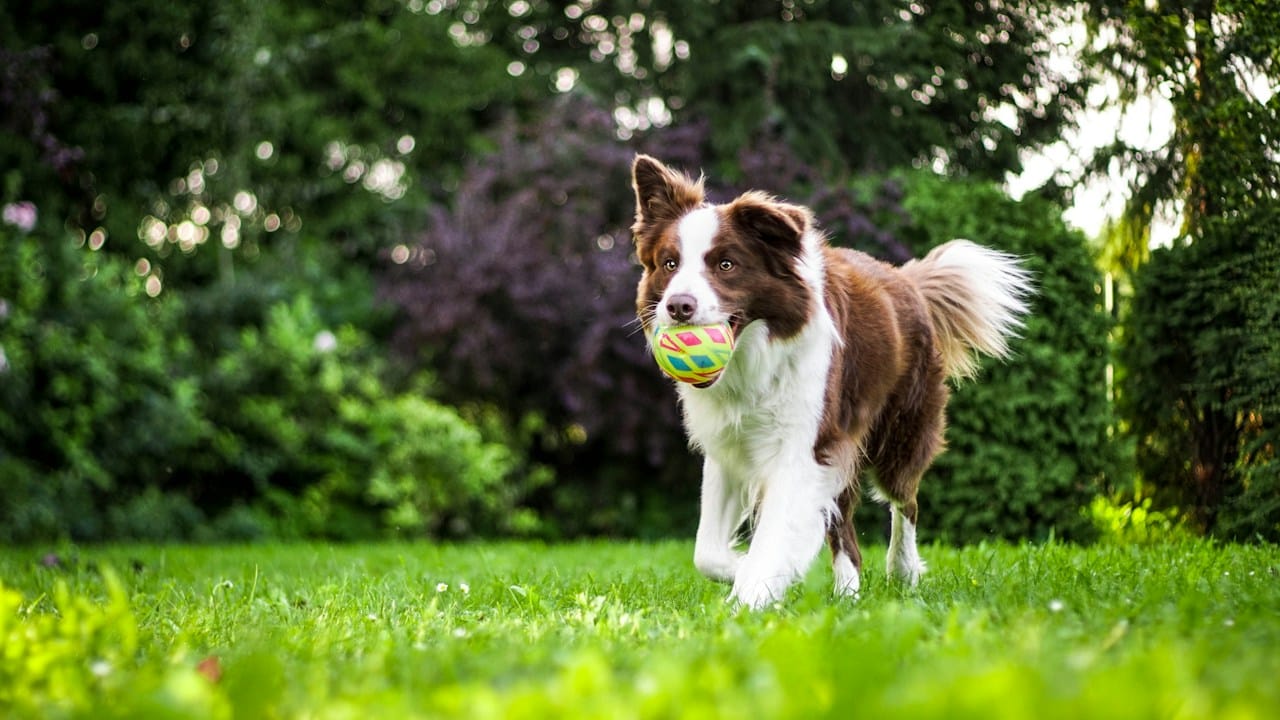Dogs are capable of experiencing a wide range of emotions , among which is joy. Those of us who have the pleasure of living with a dog’s best friend know well that, in addition to brightening each of our days, dogs are also especially happy on certain occasions, such as when they go for a walk, play with their guardians or with other dogs. , receive affection from those who like them, enjoy their favorite food, among other things.
But do dogs smile? And if they do, why do dogs smile? Does he have his own sense of humor? In this ScoobyDog article, we will try to answer the most frequently asked questions about dog laughter, you can’t miss it!
Dogs and emotions
To know if dogs smile, we must first ask ourselves how dogs experience emotions, such as joy, love, and fear. Thanks to advances in science and technology, we now know that dogs (like many other mammals) experience basic emotions in a similar way to humans. This happens mainly because our best friends have the same brain structures as us and emotions are “processed” in the deep regions of the brain that make up the limbic system.
In dogs and humans, emotions are produced from the capture of stimuli but it is also related to memory. This process of interpretation that makes it possible to feel emotions, such as joy and fear in such different ways, involves not only neuronal activity in the brain but also leads to the release of hormones that produce some chemical changes in the body.
Fortunately, science has also allowed us to understand that dogs, having a certain emotion, undergo chemical and hormonal changes very similar to ours. Their body even produces oxytocin, better known as the ” love hormone “, and that is why dogs feel love for their guardians and express it in different ways in their daily lives, mainly through their unparalleled loyalty.
Do dogs laugh when they are happy?
Generally, guardians perceive that their dogs are happy thanks to the vigorous movements of their tails. However, our best friends express their joy in various ways through their body language, including their postures, facial expressions, gestures, and actions. And if you wonder if dogs smile, the answer is: Yes! Dogs laugh, even if they don’t laugh exactly like us.
How do dogs smile?
There have been many experts who have dedicated themselves to studying the dog laugh and its bodily expressions. Their dedication has allowed us to know that a laughing dog tends to have its mouth open, relaxed and stretched out to the sides , causing its mouth to curve slightly and its angle to be more pronounced. Usually we observe the ears back and relaxed, tongue in sight and energetic tail . Their eyes are usually relaxed and may squint as a sign of relaxation.
While it is possible to see its teeth through the opening of its mouth, we clearly notice the difference with an angry dog that shows its teeth and takes a defensive posture. When you are experiencing a positive emotion such as joy, logically, your body language should not include signs of fear or aggressiveness . A dog that laughs and is happy is a stable and self-confident dog that enjoys sharing activities of its liking with its guardians, family, and doggy friends.
Of course, canine language is very complex and each dog is a unique individual, so the way they smile may vary depending on their personality, their mood, their environment and the context in which they are at each moment of their life. .
And what does doggy laughter sound like?
When something is so funny to the point of causing us to laugh, we usually emit a characteristic sound that accompanies a sincere and long smile. And according to the interesting study carried out by the ethologist Patricia Simonet, from the University of Nevada (USA), dogs can also have laughter and become very happy.
To expand the knowledge until then available about the laughter of dogs, Dr. Simonet has had the great idea of recording the sounds emitted by dogs when they meet and play with other dogs in the parks. By listening to and analyzing her recordings, she and a team of researchers have discovered that, while the dogs play, their panting sounds in a very peculiar way .
When a dog interacts positively with other dogs and is happy, it makes a gasping sound amid its usual panting. And immediately, their interlocutors respond, showing more excited and willing to play, which intensifies the play session between these dogs. According to Dr. Simonet, this kind of gasping breath would be the vocalization of the doggy laugh, which to us would sound like a ” hhuh, hhuh “, when its peculiar sound is amplified.
In addition, they have reproduced the recordings in some shelters and shelters, making the dogs that were rescued and there await a family listens to them. The response to this sound stimulation has been very positive, as several dogs have improved their mood, reducing symptoms of stress and nervousness. Perhaps that is why our best friends always manage to infect us with their joy, improving each of our days.


